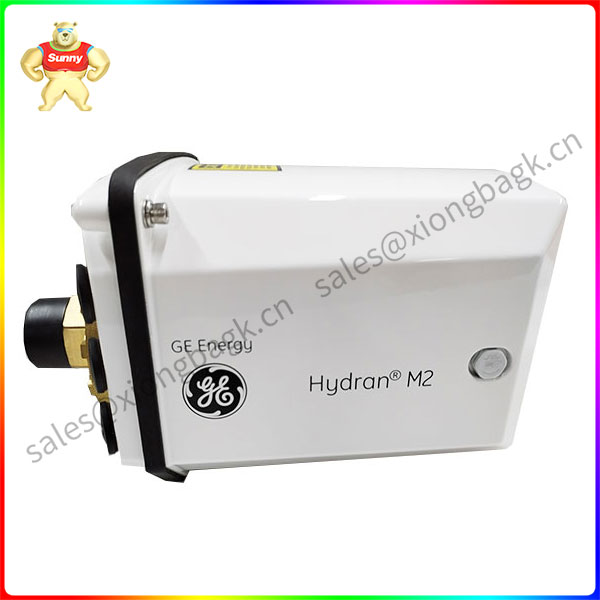Turck technology supports the major battery manufacturers. Data from automated systems helps to fully improve production efficiency and reliability and reduce product quality problems.
Battery production is growing rapidly around the world. This trend is driven by the energy and automotive transition. What is certain is that battery production in the next 20 years will be markedly different from the last 20.
In the next few years, the manufacturing process and technology of battery cells will be further developed. Changes may include new raw materials, improved mixing and coating processes or new rolling and winding processes. However, for this dynamic phase and significantly shorter innovation cycles, how should battery cell manufacturers prepare for existing and future production facilities?
Turck’s answer is intelligent automation, data-driven process optimization and flexible production systems.
For example, RFID identification technology helps increase the output of existing plants, while simultaneously improving process safety and product quality. Intelligent automation technology with condition monitoring capabilities can indicate problems as early as possible, allowing predictive maintenance measures to be implemented, thereby improving availability and overall equipment efficiency (OEE). Distributed automation with robust rack-free IP67 systems simplifies the construction of modular plants, allowing for subsequent recombination of machines or allocation of capacity.
The three pillars of productivity

Traceability of production
The energy density of batteries is comparable to that of explosives. Therefore, the danger and risk of faulty batteries is quite high. By tracking and recording every raw material, product and production step in the production process, the high quality of the battery cell can be guaranteed. When in doubt, the accuracy of production can be proven through a track and trace system.
Turck has nearly 20 years of experience in the use of high-frequency and UHF RFID solutions in production environments. As a result, our RFID product range and unique technologies such as high-frequency Bus Mode modes are particularly extensive.
Overall equipment efficiency (OEE
The cost of the product and the profitability of the production process depend to a large extent on the availability of production equipment. This is another reason why improving the overall efficiency of the device is a key goal of battery manufacturing. Improving overall equipment efficiency is designed to minimize unplanned machine downtime and eliminate material bottlenecks.
Turck Automation technology can help you meet these two challenges: you can extensively monitor machine condition to plan predictive maintenance; RFID technology can improve your database to optimize material procurement.
Flexible production
With the different battery applications, the types of battery cells are also increasing. Therefore, whether in terms of machinery or automation, production equipment manufactured today should be prepared for possible adjustments in the future. The modular factory concept is a shortcut to increased flexibility.
By combining IP67-protected distributed I/O and control solutions with flexible and fast industrial Ethernet communications, plant modules can be rearranged faster. With the control of distributed PLC and safety controller, factory acceptance testing of new factory modules can already be carried out at the manufacturer’s site, thus reducing the commissioning time of the entire equipment at the user’s site.
IIoT solutions for battery manufacturing
Turck has developed unique technologies and solutions that bring your production to the forefront of the industry.
 中文版
中文版




